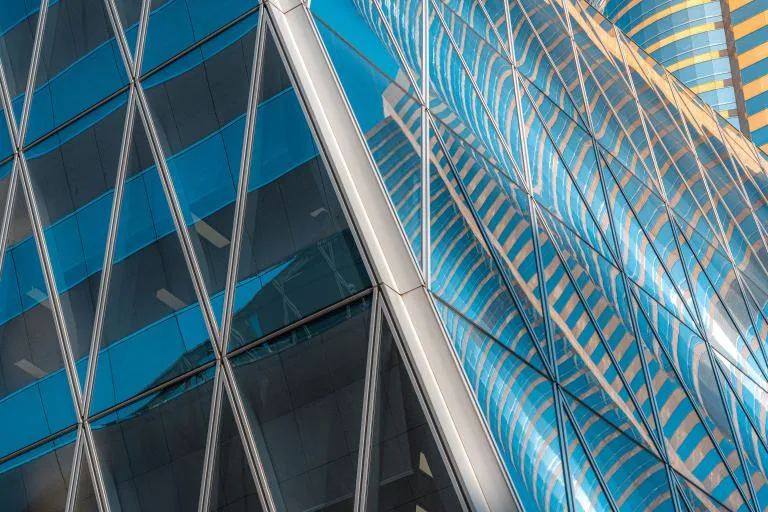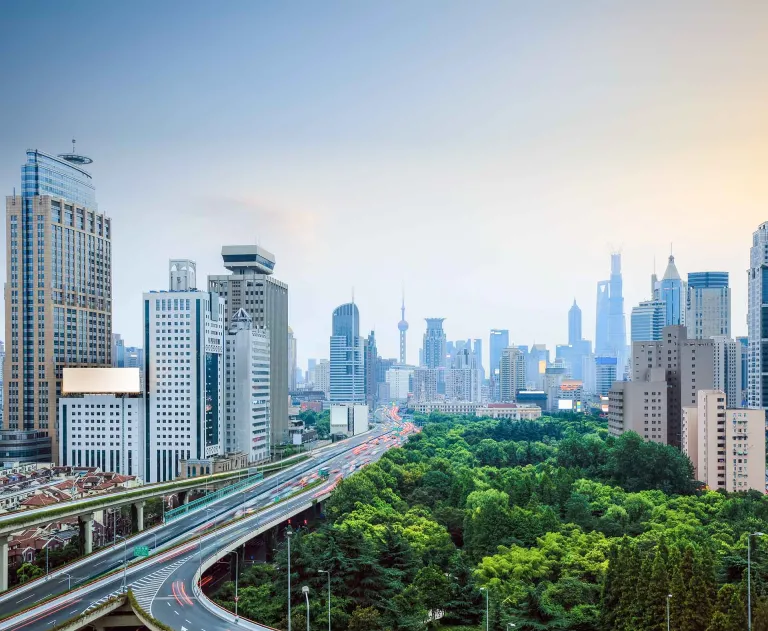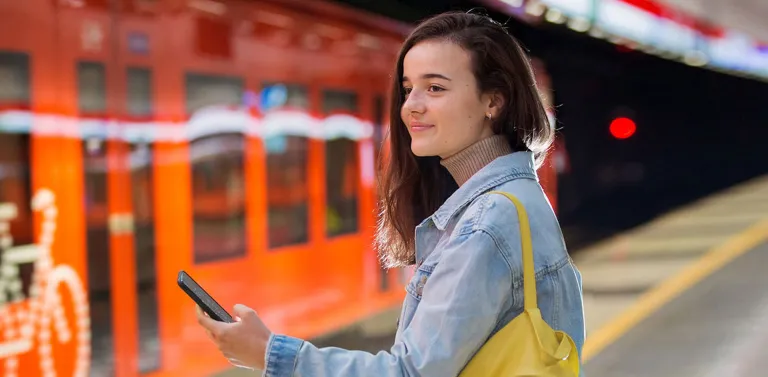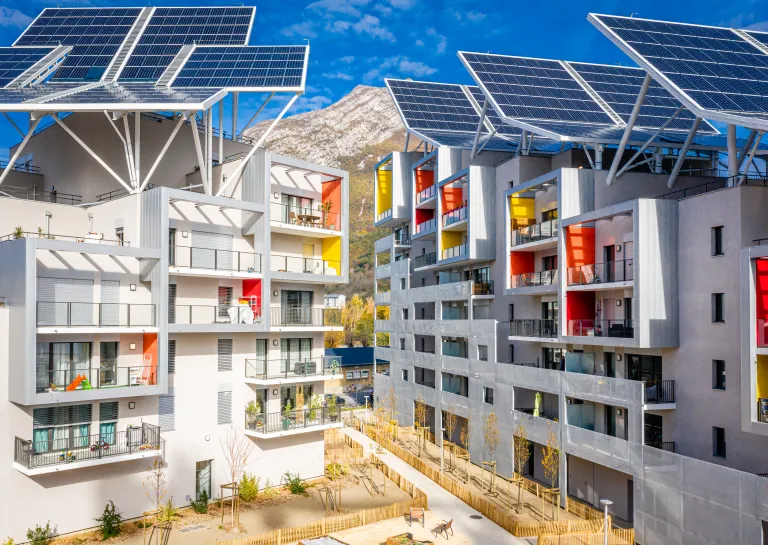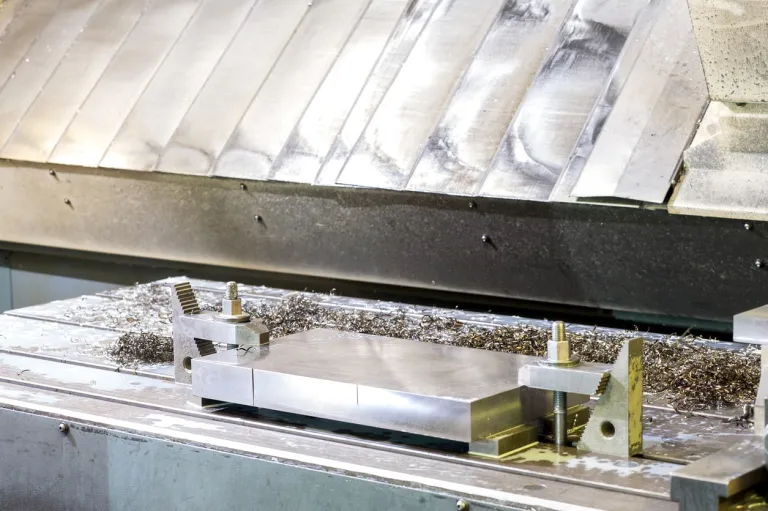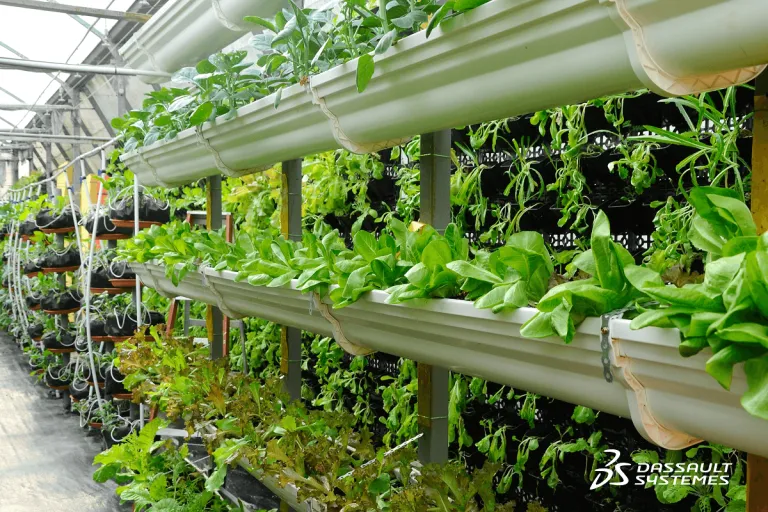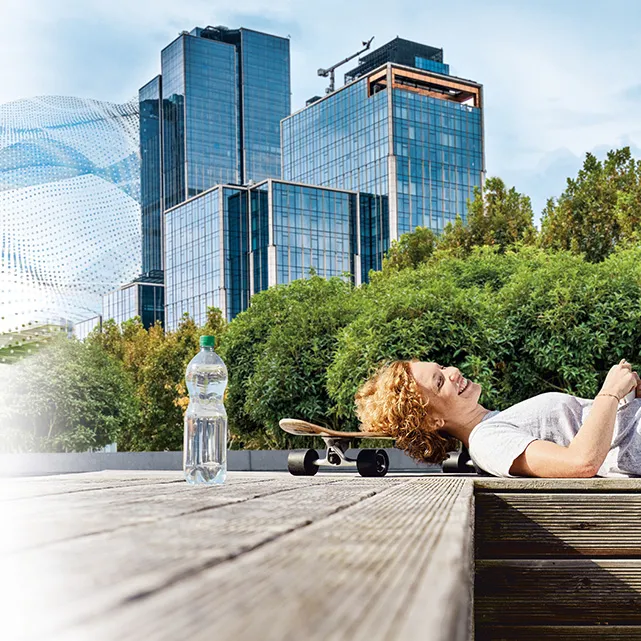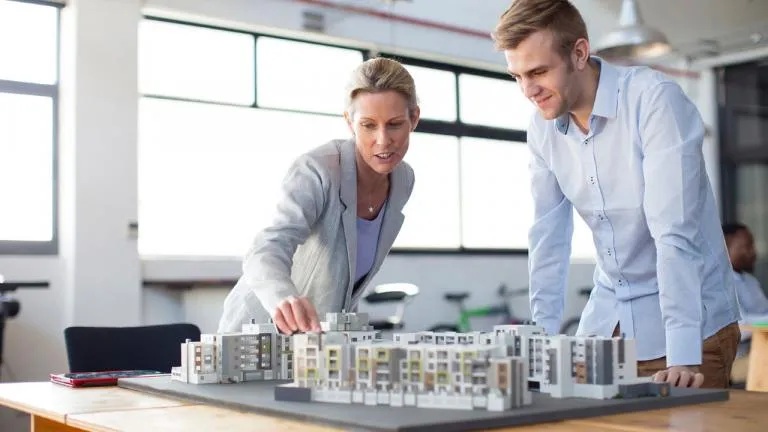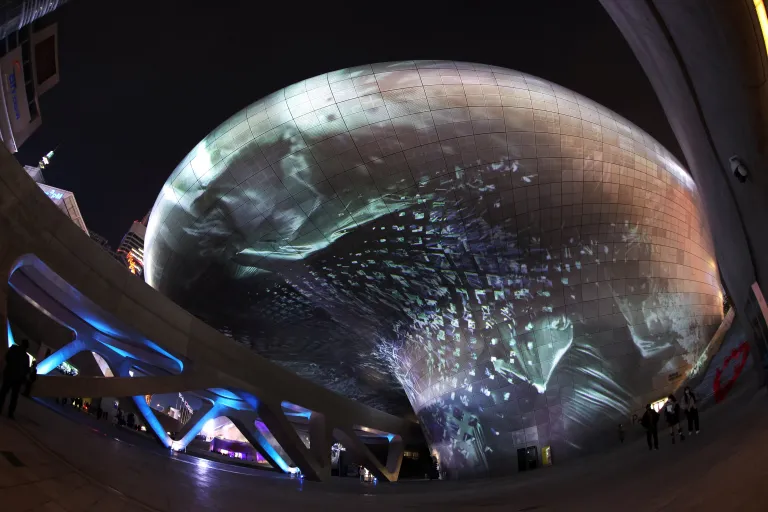Act for Cities & Urban Sustainability
How can sustainable cities thrive as urbanization increases?
What are sustainable cities?
Sustainable cities are defined as urban centers shaped to improve our environmental impact and our quality of life and habitation within cities. Green urban planning and management enables smart cities to evolve to create greener and more sustainable urban ecosystems. To give just a few examples a resilient city and urban development are defined by:
- Green space
- Solar panels and solar enegy
- Urban farms
- Transport and easy mobility
- Waste management
Why is urban sustainability important?
With a growing population and rising climate issues, urban areas pose significant challenges and opportunities for sustainable development.
The United Nations defined a Sustainable Development Goal which dedicated "to make cities inclusive, safe, resilient and sustainable" because according to them:
,
68% urban population by 2050
75% global CO2 emissions are created by cities
Additional 2 billion people to feed by 2050
As urbanization continues, it is more vital than ever to leverage the collective intelligence of citizens, businesses and governments to make cities sustainable, creating:
- sustainable buildings with renewable materials
- involved citizens that help define of the city of tomorrow
- New solutions for mobility, agriculture and greener energy
These are among the key drivers for more sustainable and healthy living that supports the United Nations Sustainable Development Goals.
To work and develop those aspects, data-driven, collaborative and sustainable urban development planning is crucial.
Virtual twin experiences of cities provided by Dassault Systèmes' solutions enable modeling, simulating, visualizing and experimenting with individual buildings, specific infrastructures and entire cities to make real-world improvements.
What are the major challenges of urban sustainable development?
Urban sustainability has the objective and challenge of improving the quality of life in sustainable cities, reducing the environmental impact, promoting innovative sustainable solutions while maximizing economic and social urbanization.
- Greener energy
- Mobility as a service
- Sustainable Buildings
- Renewable materials
- Agriculture in the city
- Healthy city
- Citizen engagement
Reinventing a greener energy system with distributed production
Energy plays a major part in cities, for mobility, cooling, heating, lighting, and other generic usages. Two-thirds of the world’s energy is consumed within cities; it is therefore essential to re-think our energy systems to make them more sustainable by:
- Creating self-sufficient systems, with each system generating enough energy to “feed” the next one;
- Encouraging decentralized energy production with photovoltaic panels or other renewable energy systems, which simultaneously generate additional revenue for citizens;
- Guaranteeing steady electricity supplies through innovative storage solutions, compensating for the intermittency of renewable energy sources.
Considering mobility as a service
With a growing urbanization comes a new mobility:
- The distance between home, work and services is reducing
- Bicycle, scooters and more sustainable transportation means are developing
- Cars becomes a service rather than a privately owned asset. Multimodal mobility becomes the rule, which means that city planning must evolve to facilitate new environmental friendly habits through new traffic patterns.
Dassault Systèmes’ solutions enable stakeholders to improve city planning through efficient project management and simulations, to create right-first-time strategies to enable the next generation of urban mobility.
Creating sustainable buildings thought as manufactured products
As urban environment evolves, infrastructures and buildings do too. Architects are now expected to create unique buildings that are also sustainable, while reducing costs and respecting increasingly complex specifications.
To meet these constraints, buildings must be conceived and designed to enable variations of a common base.
Virtual twin experiences can help design the building of tomorrow. As with cars and other manufactured products, it is possible to reduce costs and optimize materials, building time and durability by re-using and adapting the same structure to multiple buildings, a strategy enabled by virtual twin experiences and generative design.
Materials: Circularity as a core principle
Materials account for 80% to 90% of the emissions generated by construction.
Moreover, the recent supply chain crisis, which is contributing to the rapidlyrising cost of materials, is forcing builders to be more adaptable and creative in the materials they choose, based on what they can source – an additional challenge in building the city of tomorrow.
It is now urgent to rethink our material choice and application, with circularity as a new core principle.
Builders can avoid material waste and reduce costs by conducting precise scientific simulations of how the building will withstand the test of time, depending on the material and quantity used.
Dassault Systèmes’ Sustainable Information Intelligence also helps designers understand the GHG impact of the choices they make, to select more sustainable options.
As resources are depleting and we become more mindful about CO2 emissions, “repurpose, reuse, recycle” must become a common motto for all builders.
Agriculture: farming closer to the city
As the world population keeps growing, cities grow too. However, agricultural land cannot be further reduced, and production needs to answer a rapidly growing global population’s rising demand for food. Agriculture needs to evolve, and several solutions are available:
- Vertical farming for local & sustainable urban agriculture
- Precision agriculture for a higher yield
- New farming techniques, taking into account local biodiversity and meteorology
Virtual twin experiences can help design the best environment for plants to grow, and simulate farm operations without having to go through time-consuming real-life tests, thus improving overall efficiency.
Healthy city: accommodating a growing population
With a growing population comes rising demand for a good quality of life. City environment must ensure a safe and nurturing environment for citizens by:
- Guaranteeing access to healthy drinking water and sustainably generated electricity,
- Reducing CO2 emissions and transport,
- Protecting buildings from natural disasters (floods, earthquakes, etc)
- Offering general services that enhance quality of life, including parks, nurseries, retirement homes, hospitals, public transport...
The city of tomorrow needs to be resilient to be durable, and can benefit from a virtual twin to experiment with new solutions before imposing them on the population.
Involving citizens in the city’s developmennt
Stakeholder engagement is a key element of sustainability in cities.
Cities need to find more efficient and effective ways to call on their inhabitants to participate in the definition of the city of tomorrow, to make sure that projects are optimized and to obtain citizen support.
Through student challenges, call for projects, collaborative participation and more, the improvement of our urban territories lies in the involvement of those who will benefit from it.
URBAN RENAISSANCE : Yiyun Kang x Dassault Systèmes in Séoul
Dassault Systèmes shares through Urban Renaissance its ideas for the ideal city.
A 3D video-mapping projected on an emblematic monument of Séoul!
Urban sustainability initiatives
All around the world, companies uses Dassault Systèmes' solutions to improve sustainability in the cities. Find Urban sustainability examples below:
Arup
As part of its smart city blueprint, Hong Kong, China government wanted to establish a Common Spatial Data Infrastructure (CSDI).
Arup and Dassault Systèmes jointly proposed the 3DEXPERIENCE platform to optimize smart city operation and management.
Wanxiang Green Bus
Wanxiang Green Bus needed to manage product information, collect real-time battery cell data, exchange information with the national battery management platform for compliance, and closely monitor the status of the full production process.
Virtual Singapore
The government of Singapore used Dassault Systèmes’ smart city offer called 3DEXPERIENCity® to create a dynamic, 3D digital model of the city and connect all stakeholders in a secure, controlled environment.
